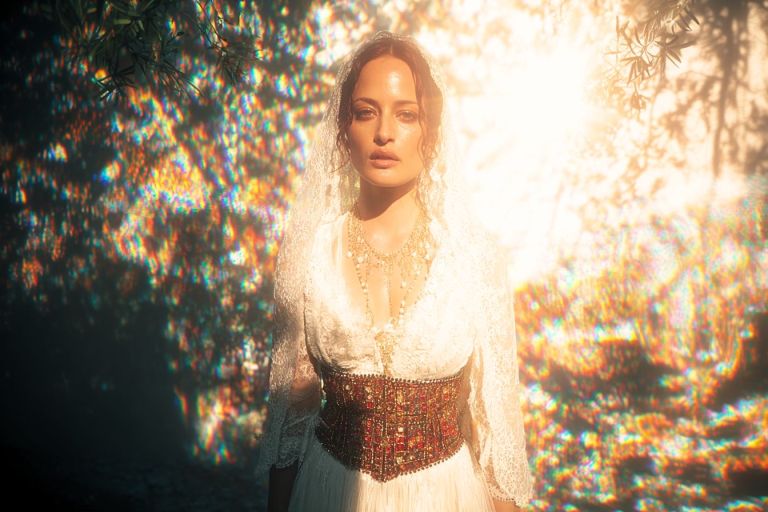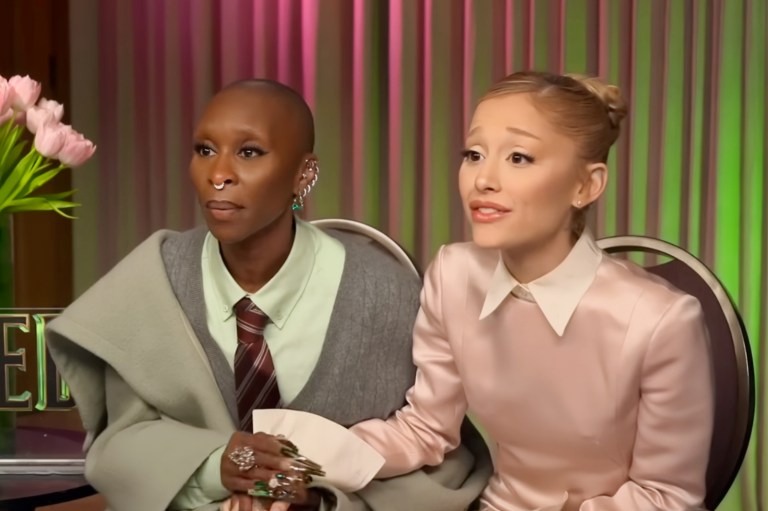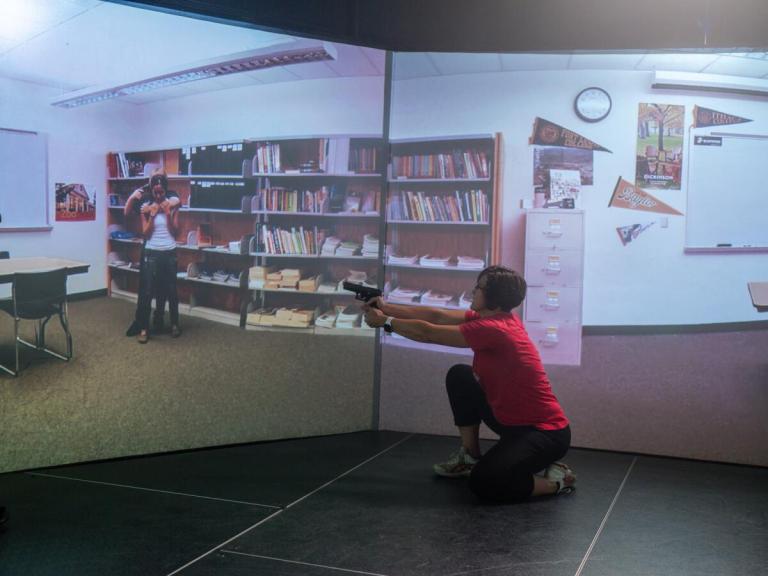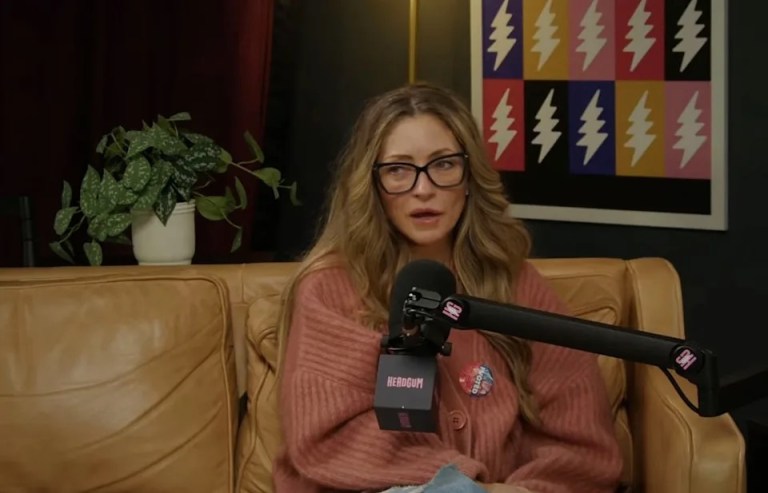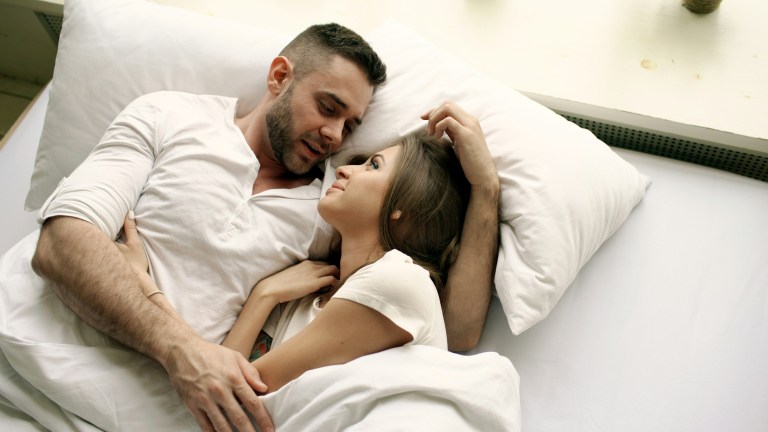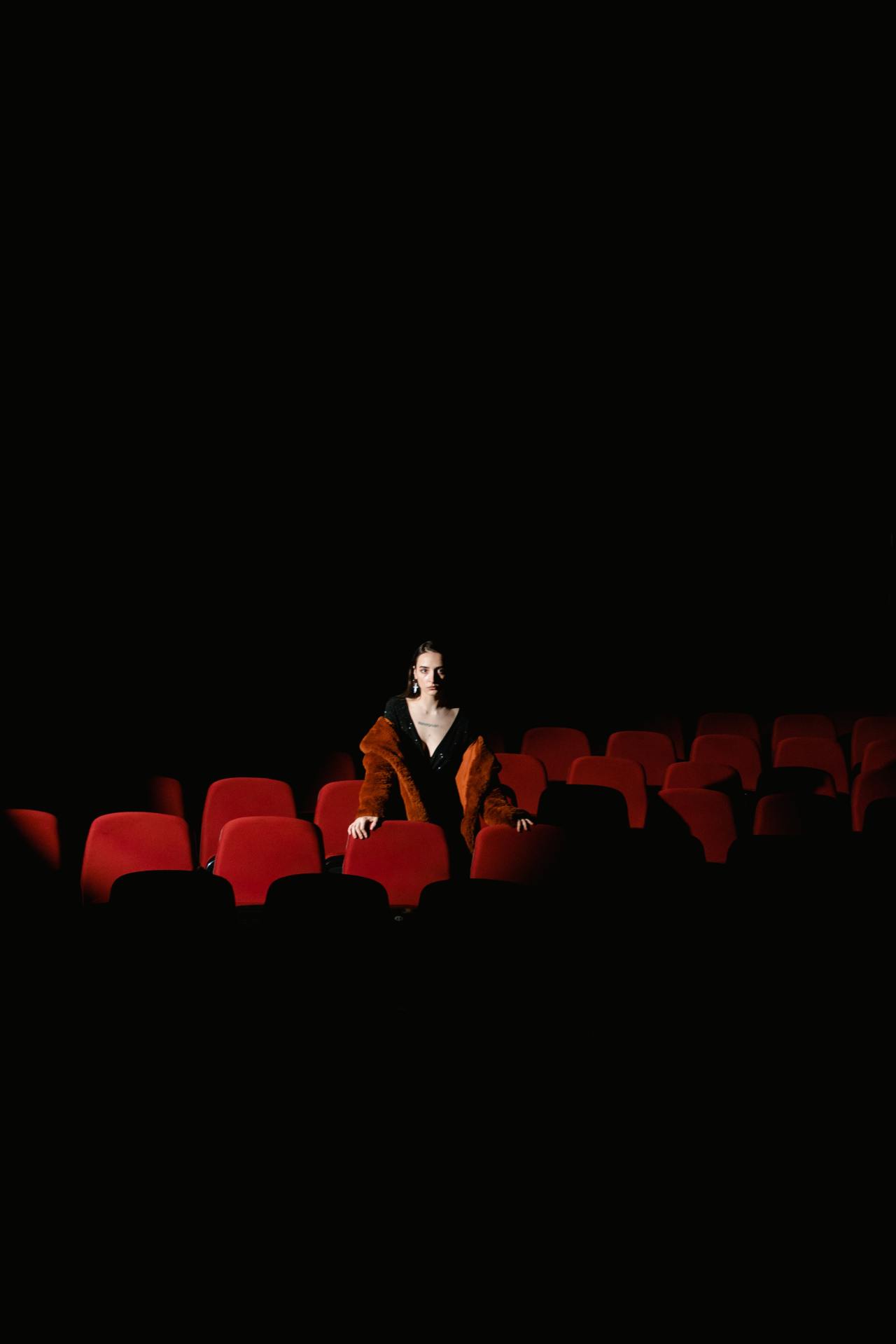
Horror Movies Don’t Scare Me Anymore—And Yet, The Horrors Persist
Ghosts and monsters and the supernatural just don’t hold the weight that they used to. Similarly, I still don’t really care to watch horror movies because even though they don’t scare me anymore, I don’t find them particularly entertaining. They’re a reminder of a different time, when what was hiding in my closet or beneath…
The first horror movie that ever scared the shit out of me was one I hadn’t seen before. I still haven’t. I will never watch this particular film, but it kept me awake for an entire week of my elementary school life. This is first and foremost what you need to understand about me.
It was The Ring, in case you were wondering. And I didn’t have to watch it because, when I was 7, my friend decided to tell me the whole plot beat-for-beat. I hung onto her every word, horrified, then spent every night afterward staring at my bedroom door, just in case some dead girl who’d been trapped in a well found a way through it. I never even needed to see Samara for her to crawl out of the small screen and right into my brain, where she haunted me forever.
I’m fairly sure I could watch the movie now and be fine, but I don’t particularly care to. Horror has never been my genre. I was always the kid who was scared of everything—and I mean everything. I screamed when I saw an ant. I stayed far away from my babysitter’s coat closet because her kids convinced me that if a child stepped inside it, they would be forever trapped as a doll. When I was told a ghost story, even one that was blatantly made up in the moment, it would leave me skittish and paranoid for days. From an early age, the adults in my life thought scary movies would psychologically ruin me—and they were right.
For years, the most exposure I had to horror movies were the snippets of The Poltergeist I’d catch when I ran by my sister watching it in the living room. It was enough for me to know I never wanted to watch one of my own volition. Unfortunately, I would soon come to learn I could not control when or how the horrors found me.
Here’s the thing about being the person who is known for getting easily scared: Everyone wants to scare you. It becomes a game, almost. How long will it take for the fear to take hold? How much can you actually handle?
Whether or not I liked it, my life was full of people who loved putting me in situations that made me squirm. My cousins would convince me to sneak into the graveyard with them at night, then tell me they could see ghosts there. During sleepovers, friends would find ways to make the furniture creak while we huddled on the floor in our sleeping bags, then claim it was probably because the house was haunted or that someone had somehow broken in. And during movie nights, inevitably, someone would queue up a horror film.
“You’re like Chuckie,” my cousin told me once, except she wasn’t talking about the ginger killer doll—another character I was unfortunately sometimes compared to, thanks to the hair—but the Rugrat. “You’re a redhead, you wear glasses, and you’re scared of everything.”
I hated that she saw me that way. More than that, I hated that she was probably right. I couldn’t tell if it was better or worse than being compared to the murderous doll, because at least that might elicit some respect. Instead, I was too sensitive, too anxious, too lame. I was too soft to handle the horrors of Hollywood.
If I were a braver person, maybe I would have just walked out as soon as someone pulled out their horror movie collection, but bravery not being much of my strong suit is kind of the point here, isn’t it? I couldn’t stomach blood, I couldn’t stomach dread, and I certainly couldn’t stomach disappointing the people around me. I wanted so badly to keep the peace, even at my own expense.
And so I watched the movies—or pieces of them through the cracks of my fingers—and I did not sleep. At night, I started using white noise to distract myself because if I couldn’t hear the groans of the house settling around me, I wouldn’t have to spend hours convincing myself there was something darker going on.
But there were always dark things going on, weren’t there? Once I became a teenager and got unbridled access to a computer and the internet, I found myself falling down rabbit holes on YouTube, on Tumblr, on Wikipedia. Online, you could learn the grittiest details of a mass murder. You could stumble across a video of a freak accident, watch a person die before your very eyes. You could read through the comments, see the cavalier replies of people who didn’t seem affected at all—or, worse, cheered it on.
It terrified me. But here’s the thing: It also fascinated me. The cruelty of the world was difficult to look away from, especially after being sheltered from it for so long. I had been taught to believe that goodness was an inherent part of humanity, and yet here was the contradictory evidence of what I began to wonder was the truth. Had my perception of the world been flawed all along? I felt compelled to try to understand it all, even though it was impossible to make sense of any of the senselessness. I still wouldn’t watch horror movies, but I spent the late hours of the night scrolling through my browser, reading true stories that felt like they should belong in fiction. The softness I was known for began to slowly chip away from me.
I’m not sure I’ve ever truly processed the weight of everything the internet allowed me to witness from a young age. I’m not even sure my parents knew what dark corners I managed to find, the things I learned and witnessed through the small glowing screen—my own personal Samara, crawling out from the boxy display to terrorize me. Sure, I didn’t die, but it felt like a part of me did.
The first horror movie that didn’t scare the shit out of me was one I didn’t particularly want to watch. But it was the lead-up to Halloween of 2018—just a week or so before—and when my friends gathered together for a movie night, all they wanted to do was watch something spooky. My friend pulled up one of the Conjuring movies on Netflix. “I’ve heard this one is really scary,” she told us. “It’s supposed to be based on true events.”
At first, I braced myself for what I was about to see; then, ten or so minutes in, I began to relax. I watched the whole movie without having to cover my eyes. I didn’t jump, didn’t flinch. In fact, during one portion of the film, when someone was dragged down a hallway by a supernatural force, I almost laughed. The whole thing felt so dramatic, so purposefully overdone, as if the filmmakers were trying so hard to make their audience feel afraid—so much so that it became funny.
But in my defense, it was hard to take anything that felt so fake seriously, not when the world was full of so many real horrors that it no longer felt I could escape. I’d spent years watching pockets of my family become politically radicalized to the point where I no longer recognized them. Almost every time I opened Twitter, I would read about the latest mass shooting or instance of police brutality or murder of an innocent Black person. The white supremacist movement was alive and well, and you couldn’t go to any corner of the internet without encountering it. Everything in the world felt terrible all the time, and I was constantly terrified it was getting worse. In comparison, a movie felt so inconsequential—even one that claimed to be based on true events.
When the movie was over, everyone turned to me, the resident horror hater, for a reaction. But all I could do was shrug. “That wasn’t so bad,” I said, which felt like an understatement, but it felt kinder than telling them I felt nothing at all.
This year, during a particularly busy week of October, I texted my friend, “I’m so sad, I don’t think I’ll have the time to watch all the Halloween movies I want to before the end of the month.”
Her response was swift and only somewhat comforting: “It’s okay, you can watch them any time of the year. Halloween might be over, but the horrors persist.”
The idea that “the horrors persist” is an online joke stemming from… well, the fact that we live now, among all of this. A lot of current humor originates from this general sentiment, I’ve noticed. It’s a forced nonchalance, or maybe a real one that we recognize is inappropriate given the situation but that we aren’t sure what to do about. It’s a way to divorce ourselves from the constant undercurrent of dread—or from the guilt we experience when we realize we no longer feel it so acutely.
But who can blame anyone for this reaction (or lack thereof)? Years and years after I realized how desensitized I’ve become to scary movies, I still find myself casually scrolling through my newsfeed and seeing some of the most egregious acts of hate and violence I’ve ever witnessed in my life. We live in an age where we can watch war crimes and genocide in real-time through the screens of our phones. We carry around DMed death threats in our pockets from anonymous people we’ve never even met in real life. Just as easily as we can jump online and find the echo chambers that parrot back our own beliefs, we can find content actively advocating for our demise. In the midst of it all—this new brand of normalcy, if you will—we forget how completely foreign this lifestyle would have been to anyone born before us. For better or for worse, we cannot disconnect ourselves from how connected we’ve become to the rest of the world.
So maybe it isn’t all that surprising that the myths and folktales that once entertained our ancestors no longer affect us in the same way. Ghosts and monsters and the supernatural just don’t hold the weight that they used to. Similarly, I still don’t really care to watch horror movies because even though they don’t scare me anymore, I don’t find them particularly entertaining. They’re a reminder of a different time, when what was hiding in my closet or beneath my bed were the most terrifying things I could imagine.
Because my friend was right—even without horror movies in my life, the horrors persist. There is enough violence and terror in the real world; I don’t really need to look for it elsewhere.
